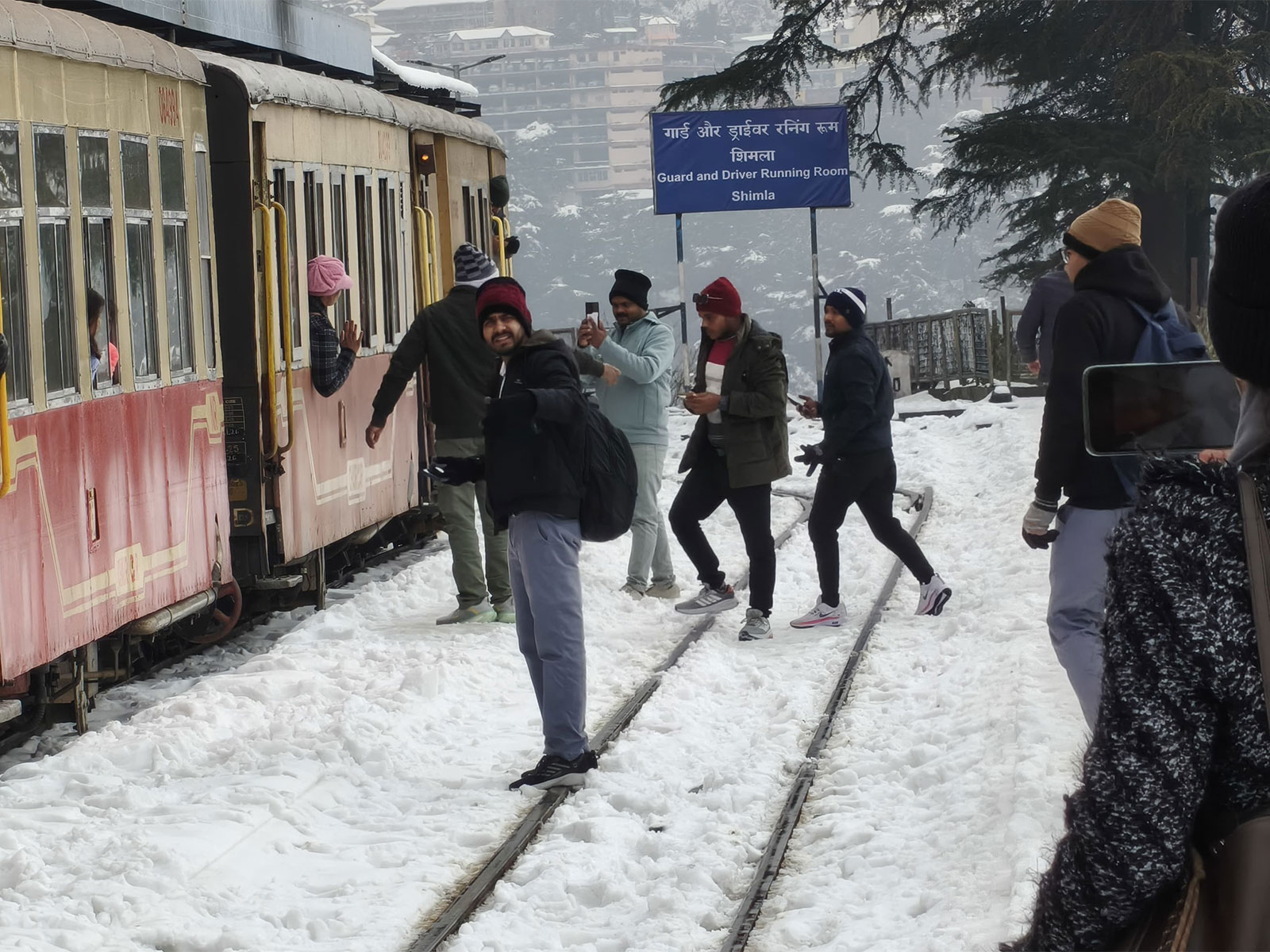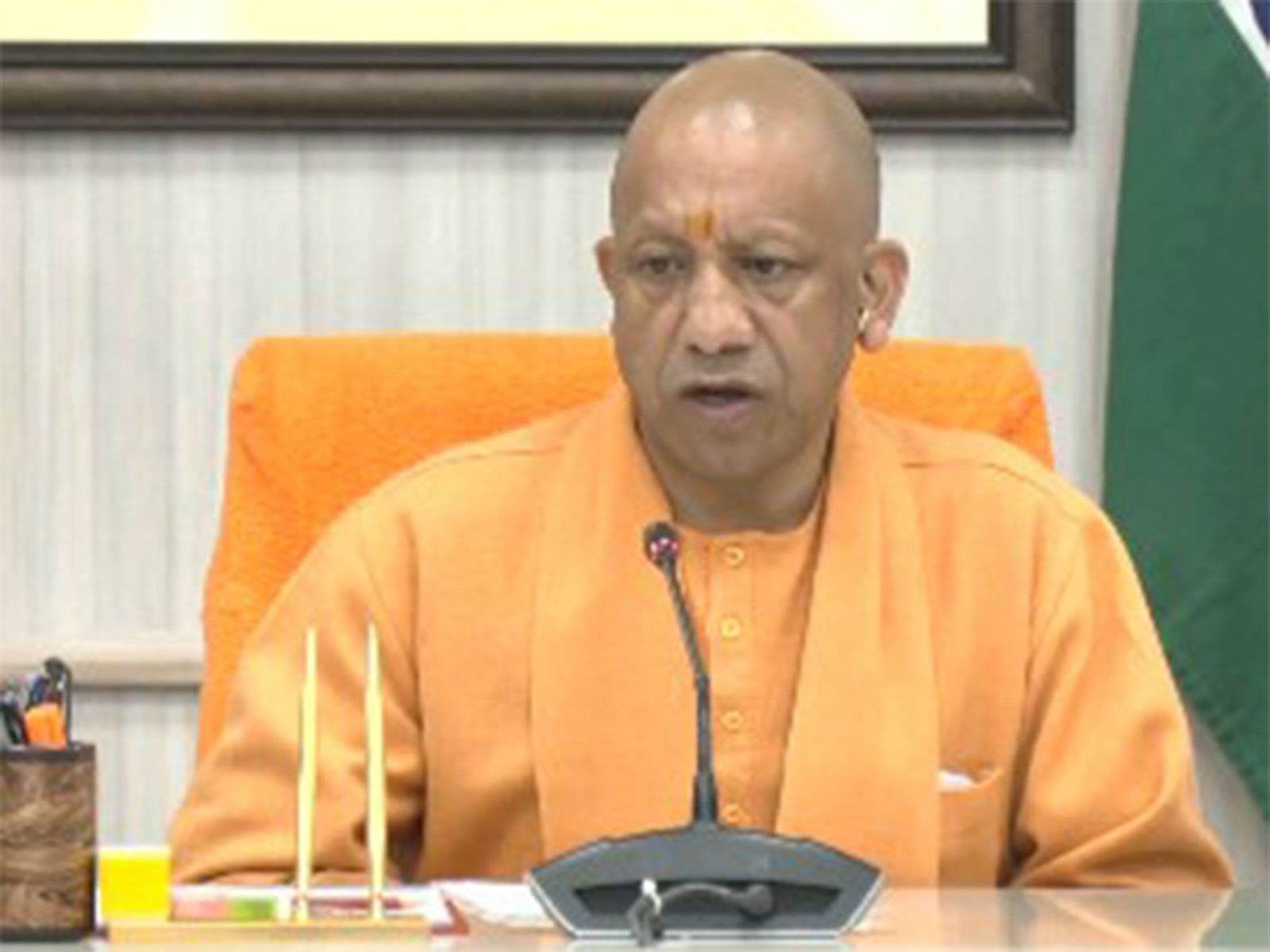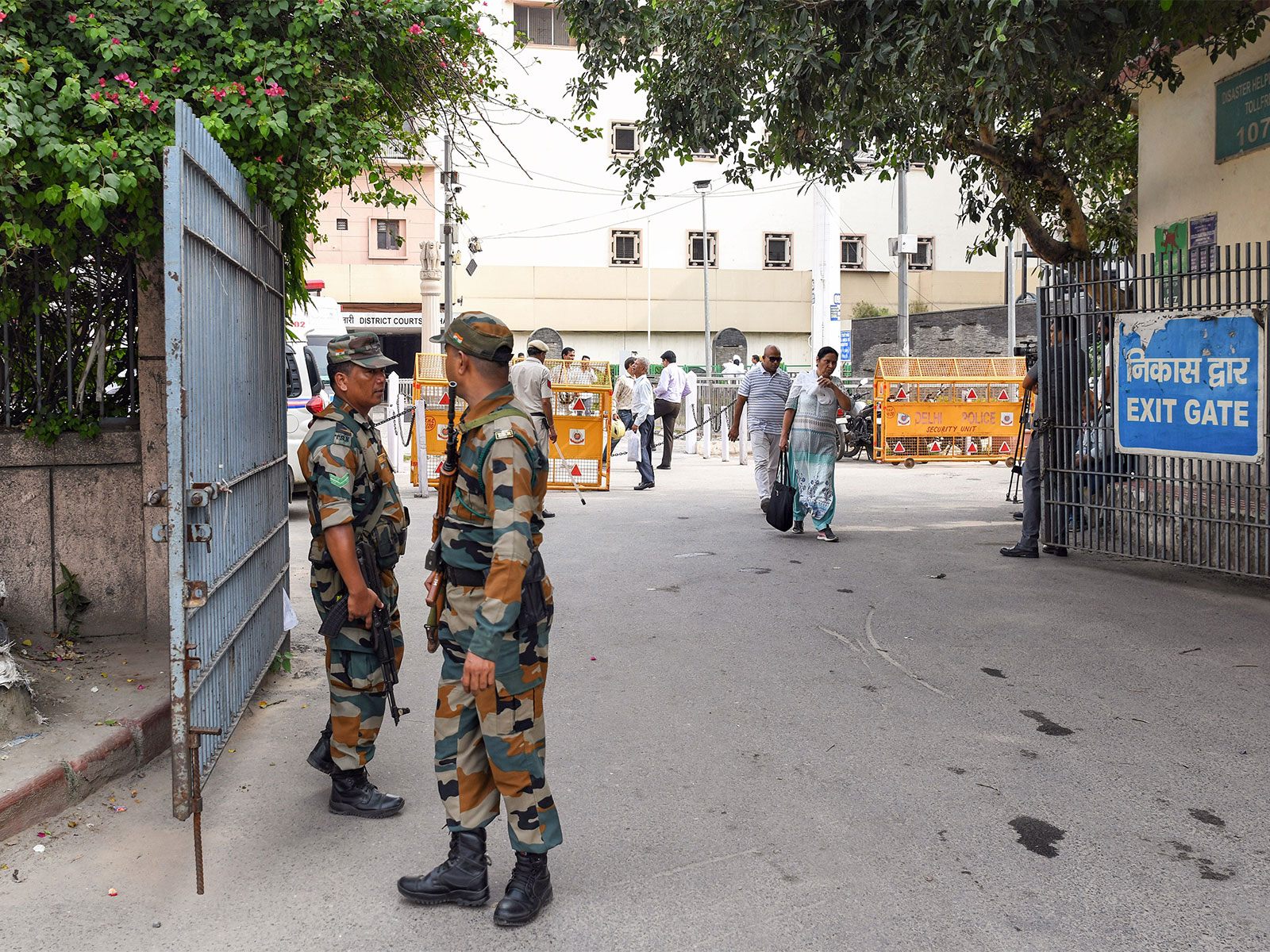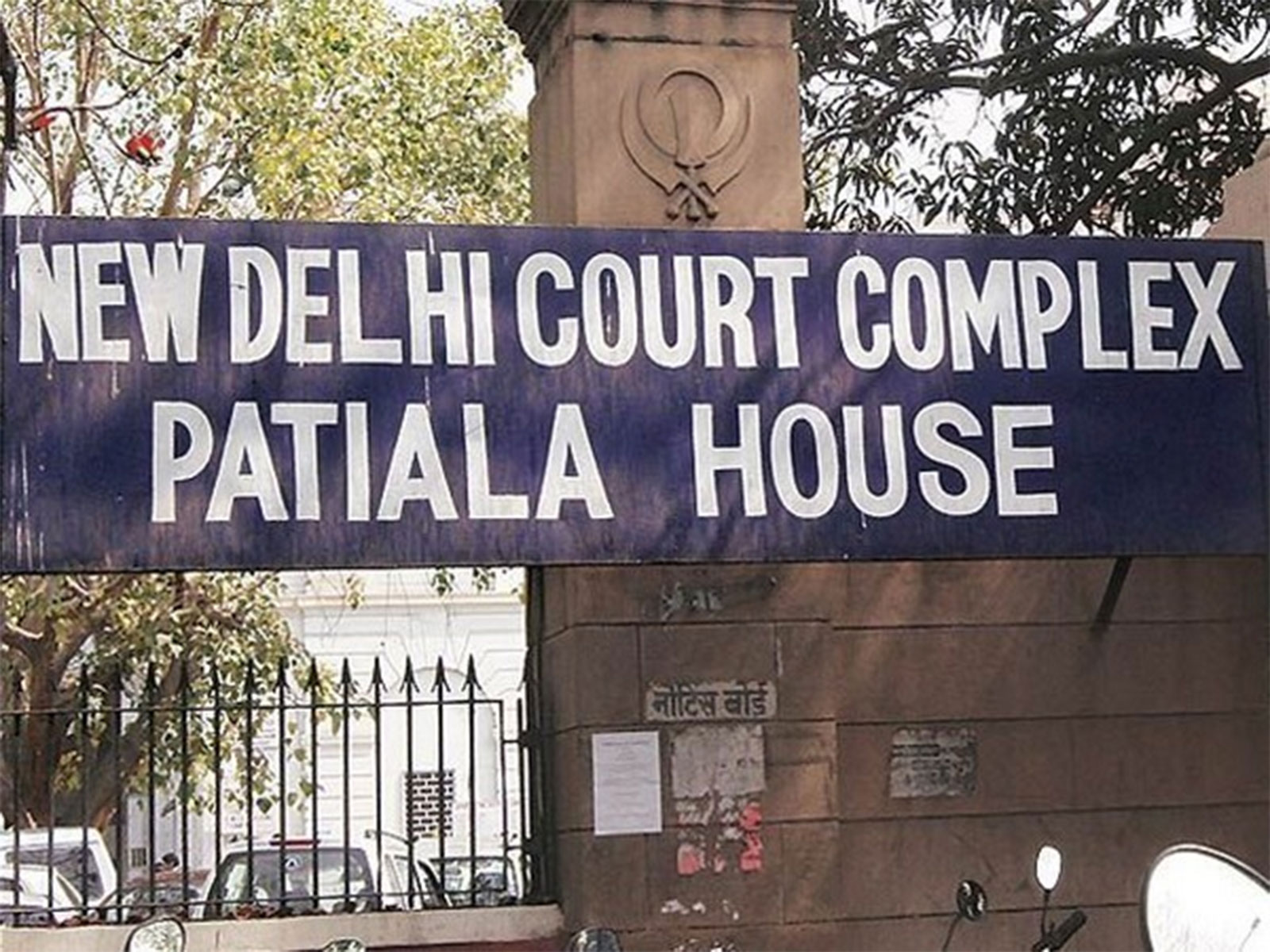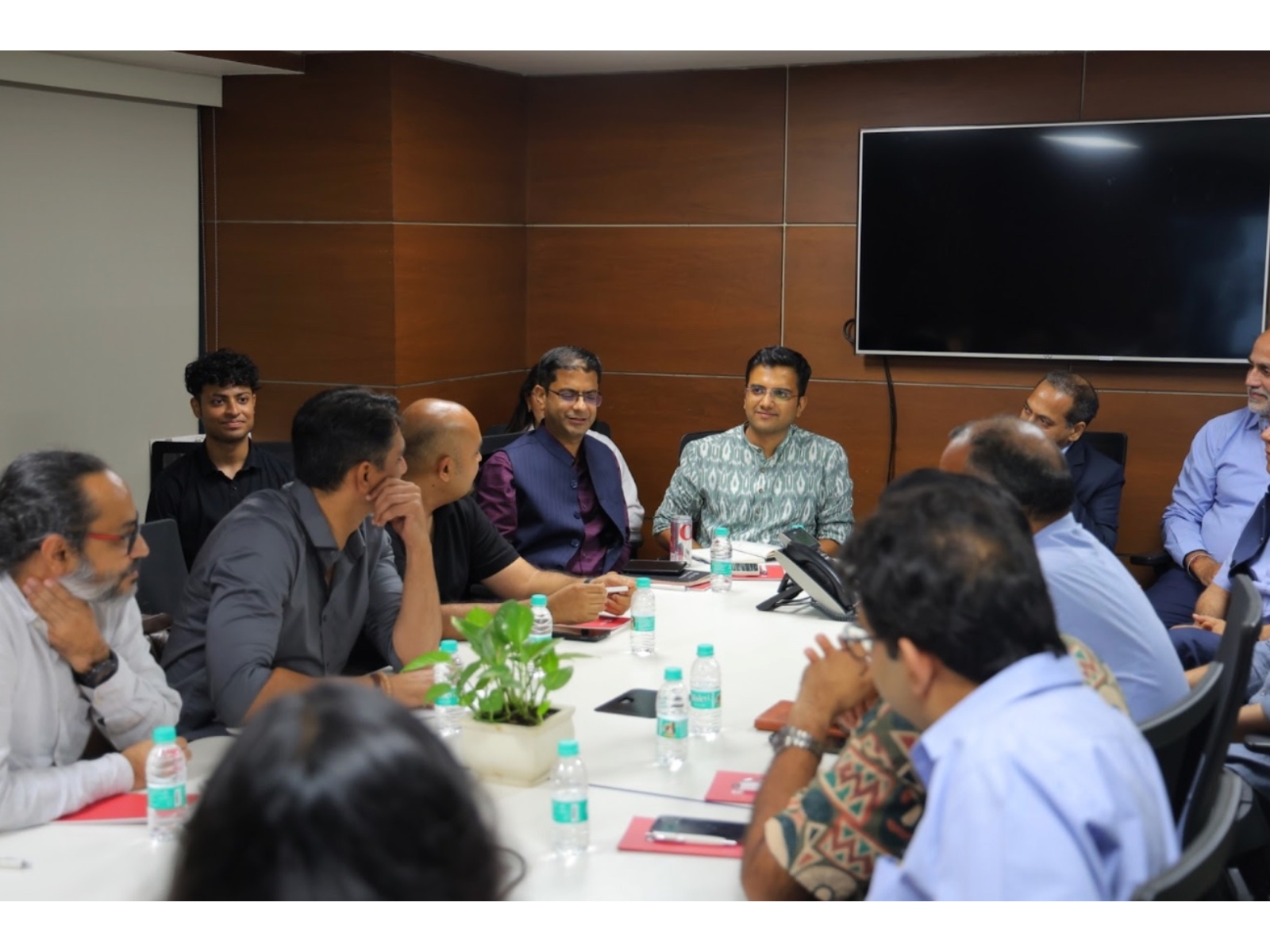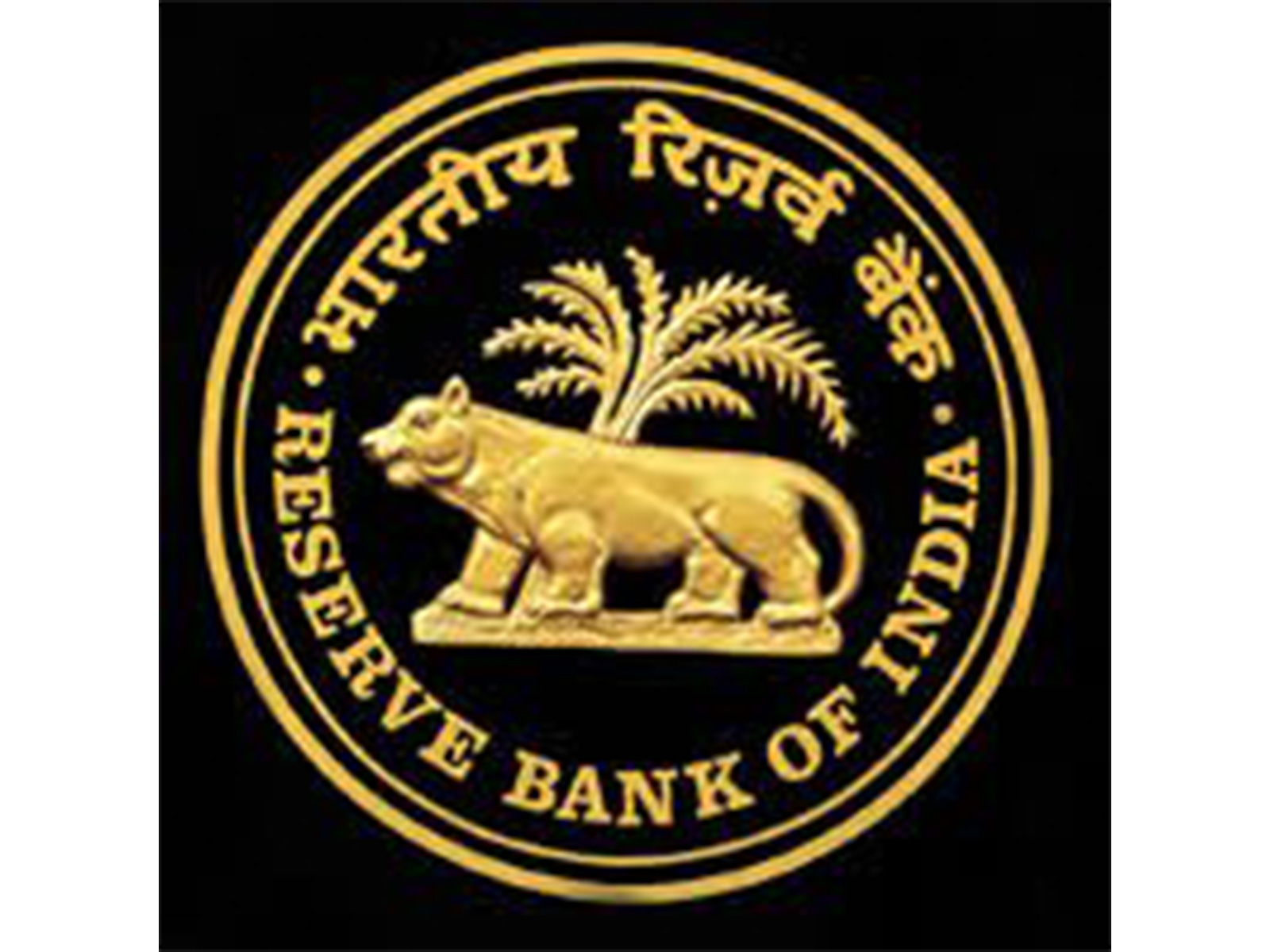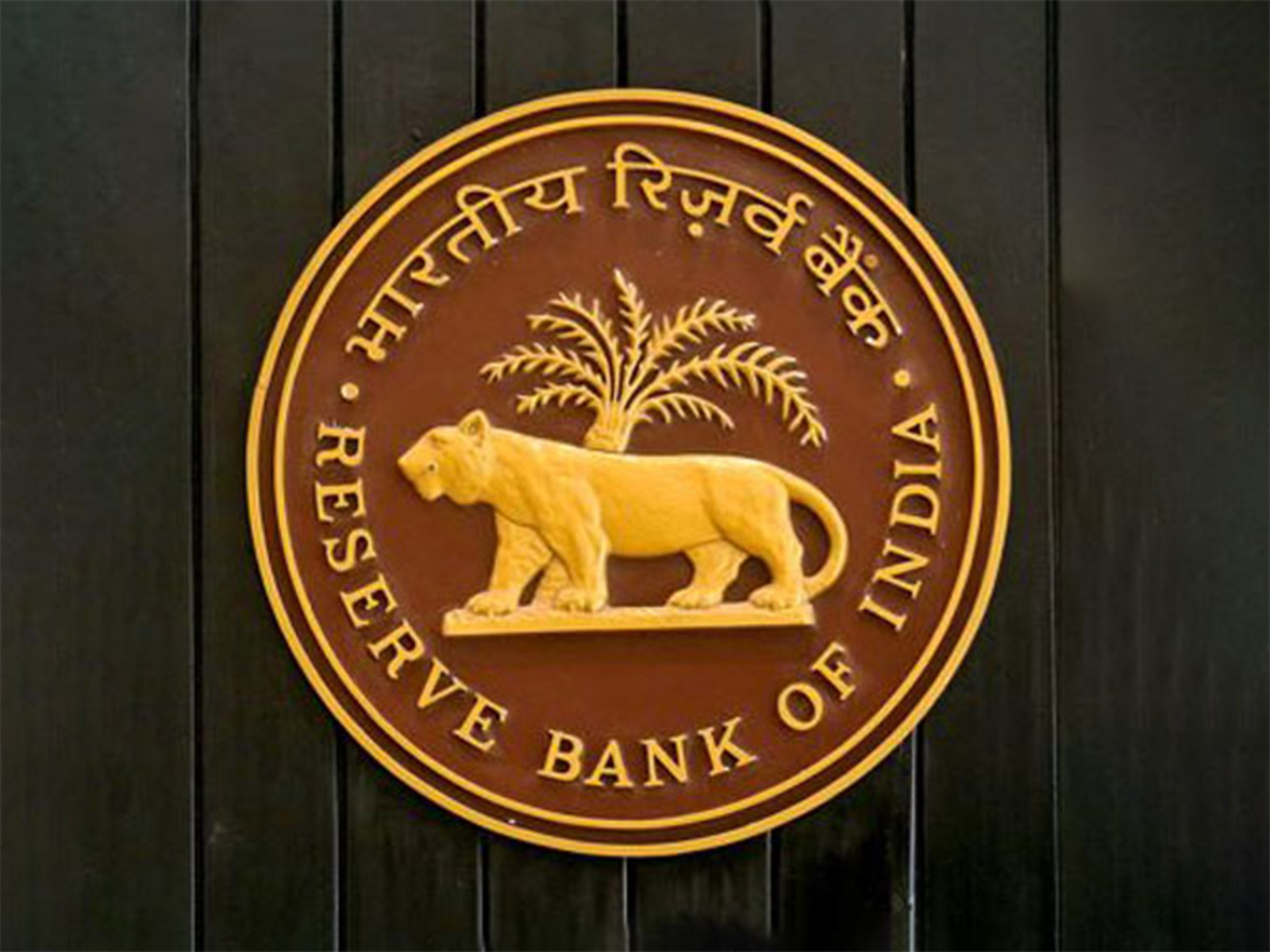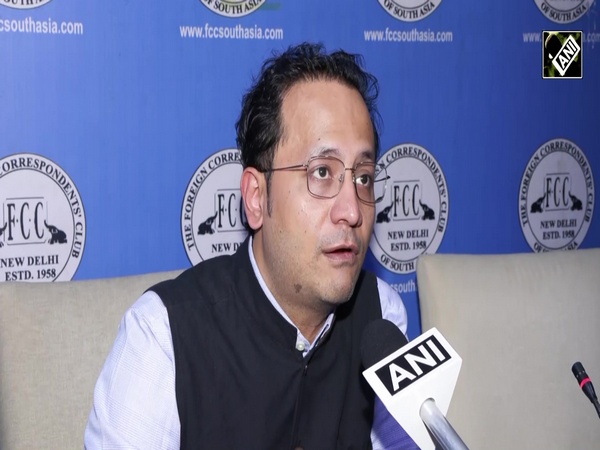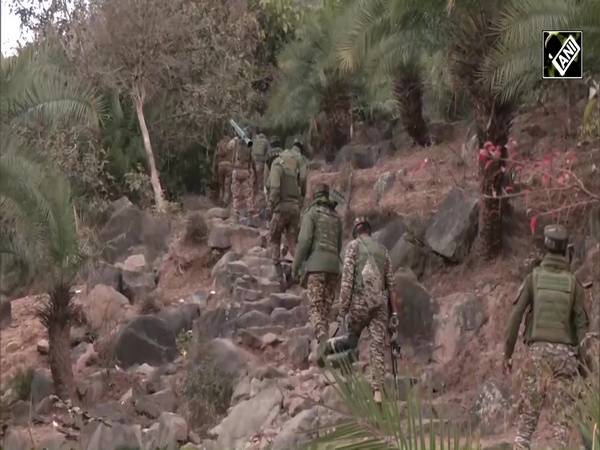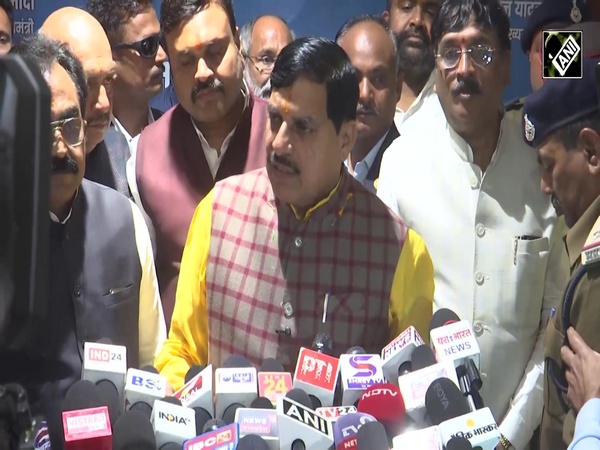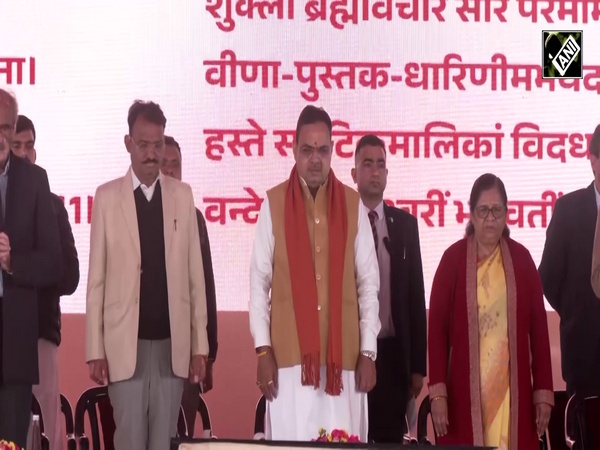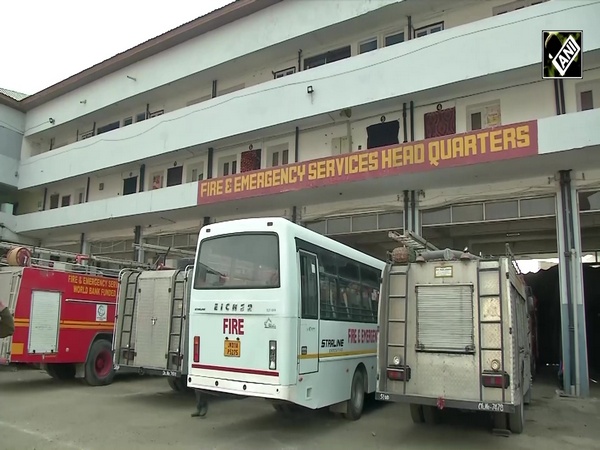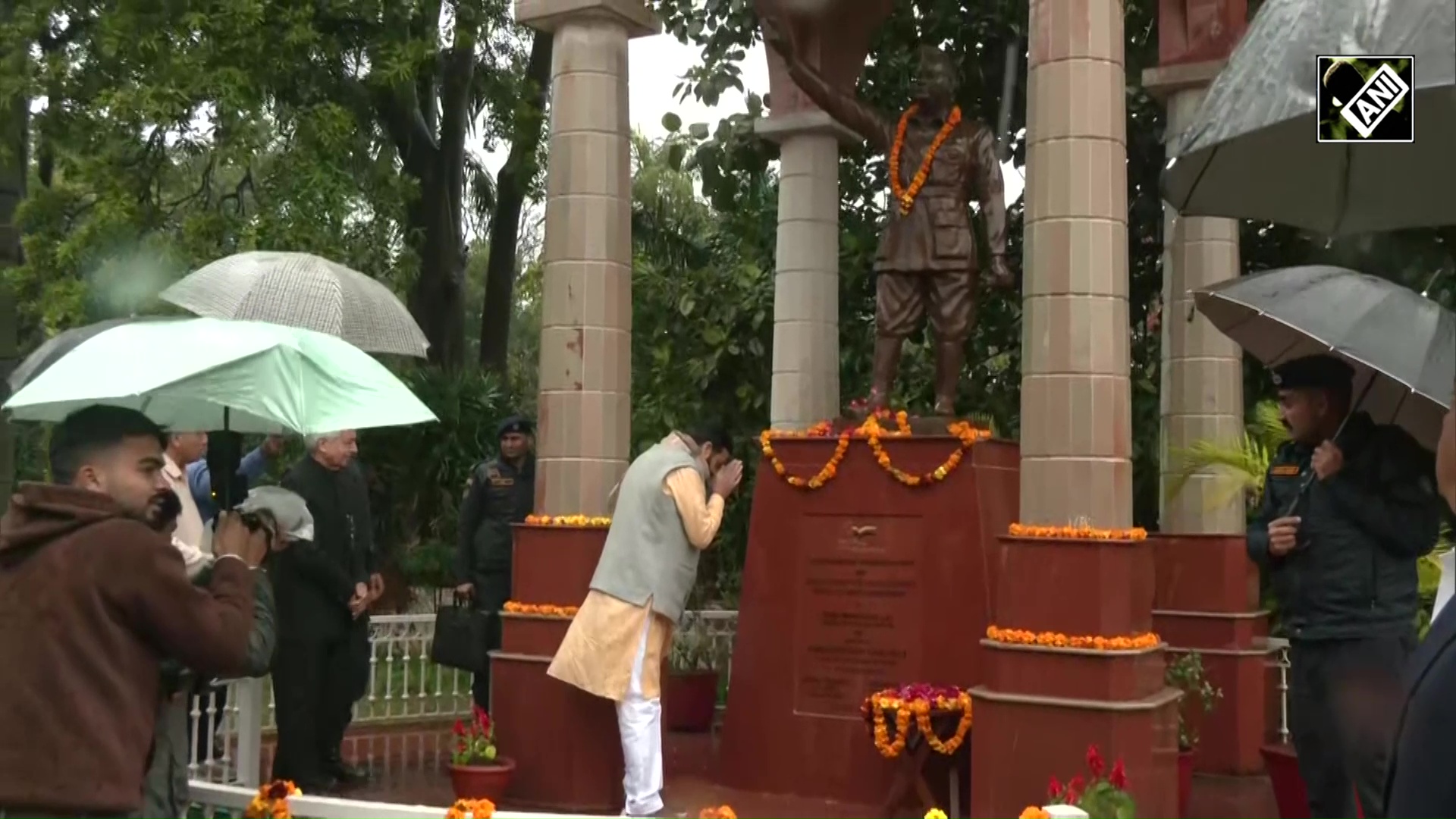Bihar Election: ECI's voter revision drive to continue; SC asks ECI to consider including Aadhaar, ration cards as ID proof
Jul 10, 2025

New Delhi [India], July 10 : The Supreme Court on Thursday allowed the Election Commission to continue with its exercise of conducting a Special Intensive Revision (SIR) of electoral rolls in poll-bound Bihar.
A bench of Justices Sudhanshu Dhulia and Joymalya Bagchi did not stay the SIR process but asked the ECI to consider allowing Aadhaar, ration cards, and electoral photo identity cards as admissible documents to prove voter identity during the SIR of electoral rolls being undertaken in Bihar.
"We are of the prima facie opinion that in the interest of justice, the Election Commission will also include documents like Aadhaar, Ration Card, Voter ID card, etc.. It is for the ECI to decide whether it wants to accept the documents or not, and if it does not, then provide reasons for its decision, which shall be sufficient to satisfy the petitioners. Meanwhile, petitioners are not pressing for an interim stay," the bench stated in its order.
In its order, the top court noted that the timeline for the process is very short since elections in Bihar are due in November.
The apex court posted for hearing on July 28 the pleas challenging ECI's move to conduct SIR of electoral rolls in Bihar and asked the poll panel to file its affidavit within one week.
During the hearing, the bench opined that Aadhaar should be included within the list of documents permissible as an ID proof.
"We feel since Aadhar has been taken as a solid proof for inclusion in electoral rolls... it should be included. Your enumeration list is all related to identity - matriculation certificate, etc.," observed the bench.
The apex court was hearing a batch of pleas challenging the Election Commission of India's move to conduct the SIR of electoral rolls in poll-bound Bihar.
The apex court said that after hearing the parties in the case, it is prima facie of the view that three questions are involved, which are a) the powers of ECI to conduct the exercise, b) the procedure to exercise the powers and c) the very short timeline.
During the hearing, senior advocate Rakesh Dwivedi, appearing for the ECI, told the bench that the Election Commission is a constitutional body with a direct relationship to the elector, and if voters are not present, then we are non-existent.
He said that the poll panel cannot and does not intend to exclude anyone from the voter list unless compelled to do so by the provisions of law itself. "We cannot discriminate on the basis of religion, caste, etc.," he added.
ECI further said that Aadhaar is not proof of citizenship or domicile, and once all the application forms have been received, the stage of objections and claims will begin. ECI stated that if someone objects that this person is not who they claim to be, then Aadhaar can be used.
Counsel appearing for petitioners told the top court that, now that elections are months away, the ECI is stating that it will carry out this Special Intensive Revision of the entire roll within 30 days. They said that they won't consider Aadhaar, and they are even asking for documents for parents, the counsel added.
Senior advocate Abhishek Manu Singhvi, for the petitioners, told the bench that the entire country is going mad over Aadhaar. Then the ECI says that Aadhaar will not be taken. This is an exercise in citizenship screening, claimed Singhvi.
The petitions challenging the ECI decision were filed by RJD MP Manoj Jha, the Association for Democratic Reforms (ADR), PUCL, activist Yogendra Yadav, Trinamool MP Mahua Moitra, and former Bihar MLA Mujahid Alam.
The petitions sought a direction to quash the ECI's June 24 directive, which requires large sections of voters in Bihar to submit proof of citizenship to remain on the electoral rolls.
ADR, in its petition, has submitted that the ECI order imposes fresh documentation requirements and shifts the burden of proof from the state to the citizen.
The petition also raised concerns over the exclusion of widely held documents like Aadhaar and ration cards, stating that this would disproportionately affect the poor and marginalised voters, especially in rural Bihar.
